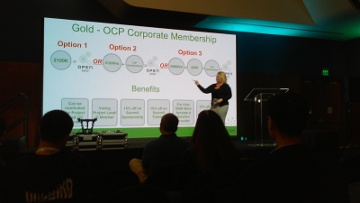Sure there’s a lot going on right now: A report posted on the OSCON site this week has the show — which everyone assumed would be in Portland forever — moving to Austin and being rescheduled to May in 2016. Let’s call that AusCON from here on in.
Then there’s the release of Ubuntu 15.04, complete with the adjective and animal beginning with the same letter — Vivid Vervet this time around.
 But what’s more important than those two items at the moment — we can deal with those later — is that LinuxFest Northwest is ramping up its 15th annual show in Bellingham, Washington, this week.
But what’s more important than those two items at the moment — we can deal with those later — is that LinuxFest Northwest is ramping up its 15th annual show in Bellingham, Washington, this week.
LinuxFest Northwest — just south of the border (the Canadian one, that is) — is like Old Man River: It just keeps rolling along. Shows come and go, they grow and move, but the oldest community-run expo has put down some solid roots at Bellingham Technical College. The show has grown over the years, and so has the college. With recent improvements over the last few years, LFNW has grown to be a top-notch destination for speakers, exhibitors and attendees, with around 80 presentations being part and parcel of LFNW’s weekend fare.



 The best news of the week, of course, is that we’re everywhere. Steven J. Vaughan-Nichols wrote a
The best news of the week, of course, is that we’re everywhere. Steven J. Vaughan-Nichols wrote a 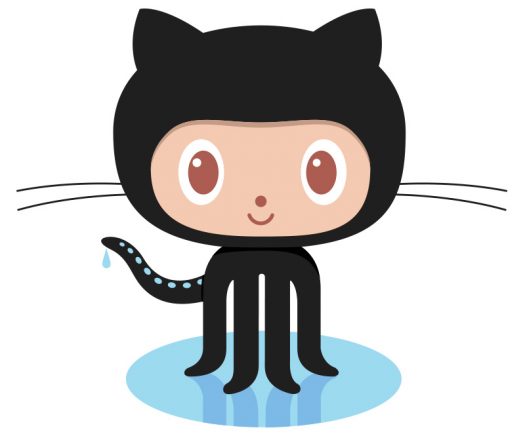
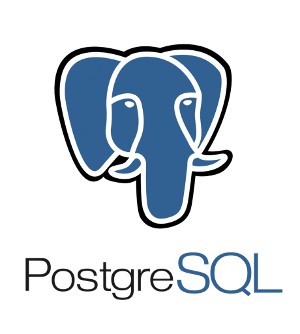

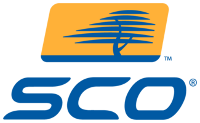
 SCO started out here in my neighborhood, essentially, in Santa Cruz, California. It was called The Santa Cruz Operation (hence, SCO). That manifestation of SCO was founded in 1979 by Larry and Doug Michels, a father and son, as a Unix porting and consulting company which, over time, developed its own brand of Unix. In his book “The Art of Unix Programming,” Eric Raymond calls SCO the “first Unix company.”
SCO started out here in my neighborhood, essentially, in Santa Cruz, California. It was called The Santa Cruz Operation (hence, SCO). That manifestation of SCO was founded in 1979 by Larry and Doug Michels, a father and son, as a Unix porting and consulting company which, over time, developed its own brand of Unix. In his book “The Art of Unix Programming,” Eric Raymond calls SCO the “first Unix company.”
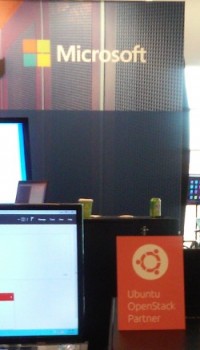
 The “Code of Conflict” says that if “anyone feels personally abused, threatened, or otherwise uncomfortable” while working on Linux, they should report the situation to the Technical Advisory Board who will step in and mediate.”
The “Code of Conflict” says that if “anyone feels personally abused, threatened, or otherwise uncomfortable” while working on Linux, they should report the situation to the Technical Advisory Board who will step in and mediate.”